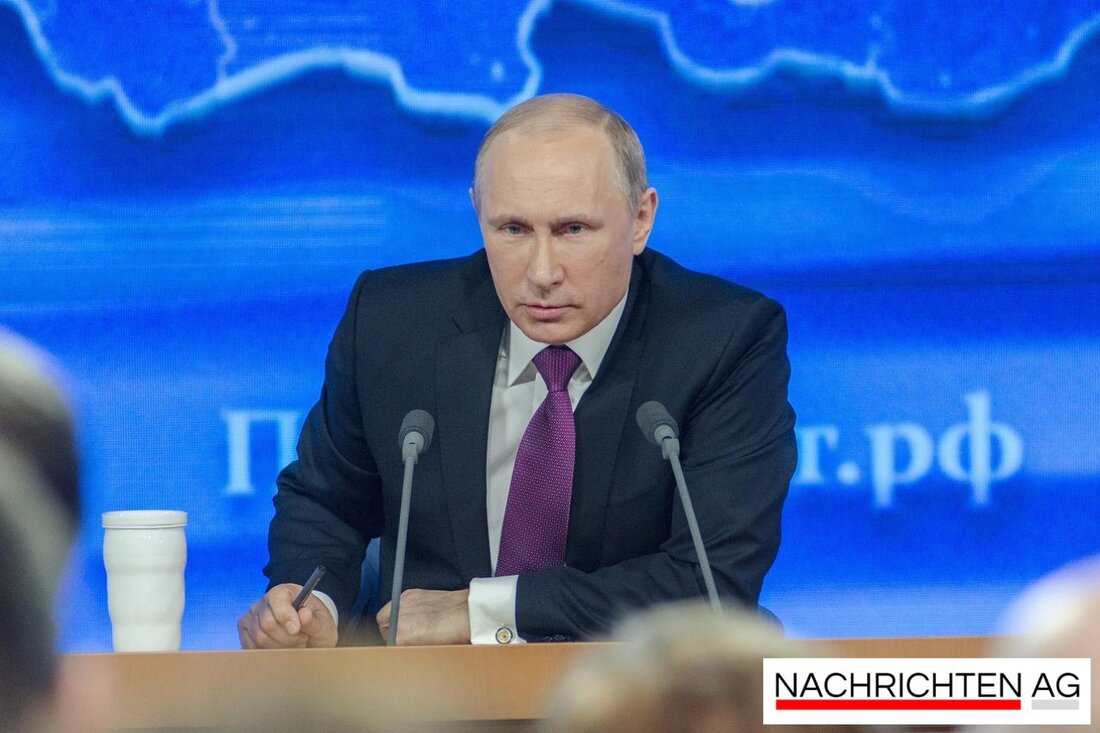Merkel calls for diplomacy: Germany must become peaceful!
Angela Merkel speaks on NATO goals, military strength and diplomacy in the Ukraine conflict on July 2, 2025 in Schwerin.

Merkel calls for diplomacy: Germany must become peaceful!
In the courtyard of Schwerin Castle, Angela Merkel recently commented on important geopolitical issues that are currently affecting Europe and the world. Under the title “Peacefulness”, she took part in the panel discussion that discussed the Russian war against Ukraine and the conflicts in the Gaza Strip. It became clear that Merkel is clearly distancing herself from Defense Minister Boris Pistorius, who emphasizes the need for Germany to become “war-ready”. [NDR](https://www.ndr.de/nachrichten/mecklenburg-vorpommern/merkel-wir-muessen-friedenstuechtig- Werden,merkel-3662.html) reports that Merkel countered that Germany may well need military strength, but the focus should be on a “peace-oriented” orientation.
In her address, she emphasized the importance of diplomacy to resolve conflicts and counter aggression. “Talks with Russia are necessary to end the war,” said the ex-Chancellor. She pointed out that deterrence and diplomatic contacts are the best options to prevent attacks. This comes in the context of new NATO targets that call for an increase in defense spending to up to 3.5 percent of gross domestic product by 2035, a plan that also has the support of countries such as Poland and Lithuania, but is met with skepticism from other member states, such as Belgium and Spain, which see the targeted spending as too high. BR
Criticism of military strategies
Merkel also expressed concerns about the conflicts in the Middle East. She described Israel's military actions in the Gaza war as "harsh" and "hard-hearted," in stark contrast to Hamas's already documented atrocities. Merkel is empathetic to the protests in Israel calling for a ceasefire and questions the effectiveness of Israel's military strategy. In this context, it was also noticeable that she in no way regrets the decisions she made in refugee policy ten years ago. She made it clear that dissatisfaction with this policy should not provide room for xenophobia. ZEIT
One particularly notable aspect was Merkel's review of the declines in Germany's defense spending over the past two decades. In their view, this decline was a “peace dividend” that should not endanger the development of the new federal states. Nevertheless, she recognizes the current situation as a turning point. She describes the NATO states' agreement on higher spending as logical and necessary due to the significant threat situation that has developed after the Ukraine conflict.
Merkel and the future of Europe
Angela Merkel, who was the first woman and East German to assume the office of Chancellor and is considered one of the most powerful women in the world, remains a defining figure not only at the heart of German politics, but also in global dialogues. Their clear positioning in terms of military strength and diplomacy could help shape the necessary political course for Germany and Europe in these uncertain times. Now the question remains: How will the international community respond to Merkel's call for “peacemaking” and what steps will be taken in the coming months?

 Suche
Suche
 Mein Konto
Mein Konto